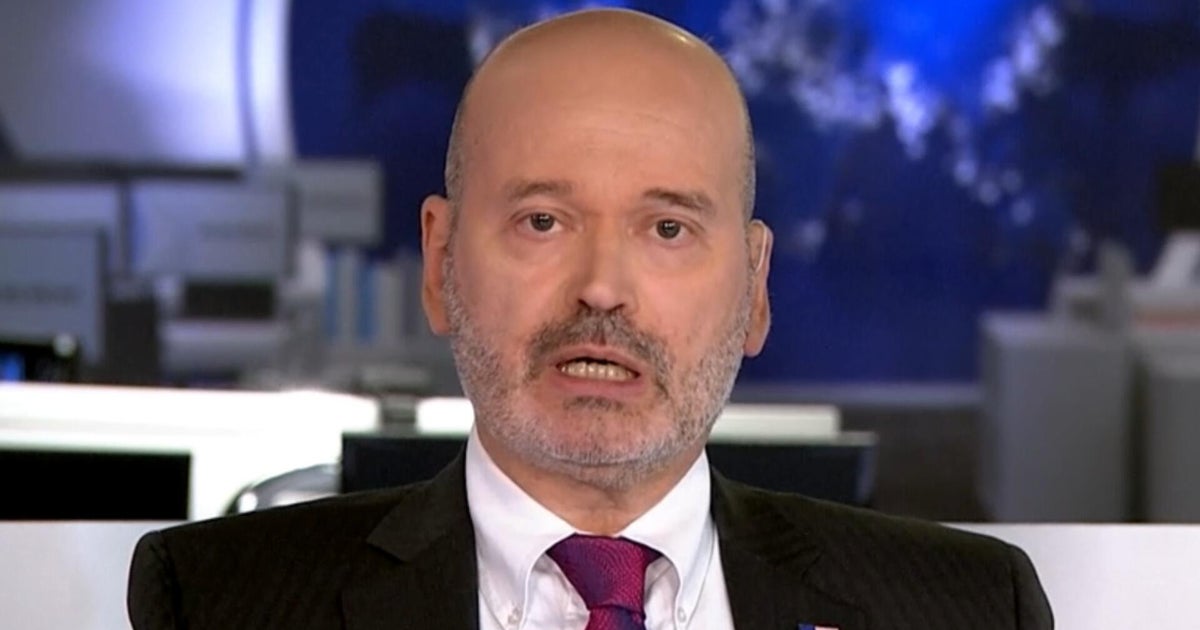Staff are losing their jobs but it’s the CEO who needs comforting. What gives?
Each week, Dr Kirstin Ferguson tackles questions on workplace, career and leadership in her advice column Got a Minute? This week: comforting a CEO after they have made others redundant, inconsistencies in staff farewells and extra duties as a sign of recognition – but no pay rise.

Is it appropriate for the boss to burst into tears when it is the staff who are losing their jobs?Credit: Dionne Gain
At our all-staff meeting last week, the CEO announced redundancies – and then broke down in tears mid-speech. Half the room clapped in support; the other half stared at the floor, furious that we were now expected to comfort the person who’d just cut jobs. Was it wildly inappropriate to make staff manage your feelings and theirs at the same time?
Even though your CEO was undoubtedly feeling moved and troubled by the decisions they had to make, bursting into tears when there are others in the room about to lose their livelihoods is not helpful. Those people want information on what is happening next, how many people will be affected – not time spent on how the CEO is feeling about it all. Vulnerability shown by leaders can be powerful, but so too is being able to read the room. The fact the CEO lost half the room is a sign they did not read it well.
Loading
All that said, it has happened now, and it is clear your CEO does feel badly about the changes. We all do things we later regret, and frankly I would rather a CEO who burst into tears at this kind of news than took the whole thing with a grain of salt. I can’t help but think of a scene in the show Succession when the CEO of Waystar Royco, Tom Wambsgans, laughed just out of sight in a Zoom call while dozens of employees were fired. I’d prefer inappropriately timed emotion to that kind of behaviour any day.
When a senior executive left recently, there was champagne, speeches, and they were given a beautiful piece of expensive art. Last month our receptionist retired after 27 years of service. She got a Coles gift card in an envelope and a basic morning tea with a few lamingtons. Everyone noticed the difference – but nobody said anything. Should we have?
There is often a lot of inconsistency when it comes to farewells, birthdays, maternity leave ... you name it. Many organisations have developed policies to try and overcome these kinds of differences so that a consistent value is placed on the gift or dinner or morning tea to be given. But more often than not those policies are not used or do not exist, and it is up to individuals to organise these events. Each organiser is then left to do what they think is right in the circumstances, without considering how it might compare to other events or the message it sends.
It might be worth speaking to your boss or HR to pass on your observations. You don’t need to make it about the two individuals but discuss it in broader terms, with the suggestion that a policy could help make these sorts of things consistent. These sorts of things help define a company culture and speak volumes for how you recognise and value everyone in your team.
Loading
My manager called me into her office, all smiles, and said I was being made a Culture Ambassador for my department. Apparently it’s “recognition” for my positive influence, but it comes with extra mentoring, event planning and onboarding duties … and no pay rise. I asked to think about it before accepting. Would it be ungrateful of me to decline something that costs me time I don’t have?
You are well within your rights to ask your manager how much time they would like you to spend on these new duties. When they give you a sense of timing ask, in a curious way, the parts of your role they would be OK for you to stop doing to ensure you can get both positions done.
Be upfront about the time you think these additional tasks will take and the impact you think it will have on your formal responsibilities. If you decide against taking on the position, you can decline in a way that continues to reinforce your personal commitment to culture, but indicates a preference to focus on your core role rather than these additional tasks which you fear may distract you from your other important work. Thank your manager for considering you and reaffirm how much you enjoy your core role.
To submit a question about work, careers or leadership, visit kirstinferguson.com/ask. You will not be asked to provide your name or any identifying information. Letters may be edited.
Make the most of your health, relationships, fitness and nutrition with our Live Well newsletter. Get it in your inbox every Monday.
Most Viewed in Lifestyle
Loading


















































